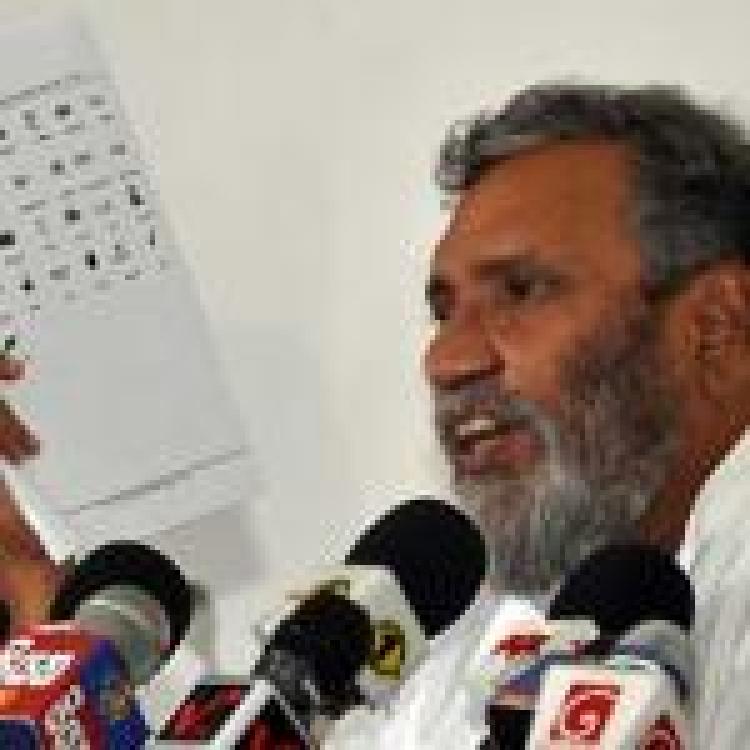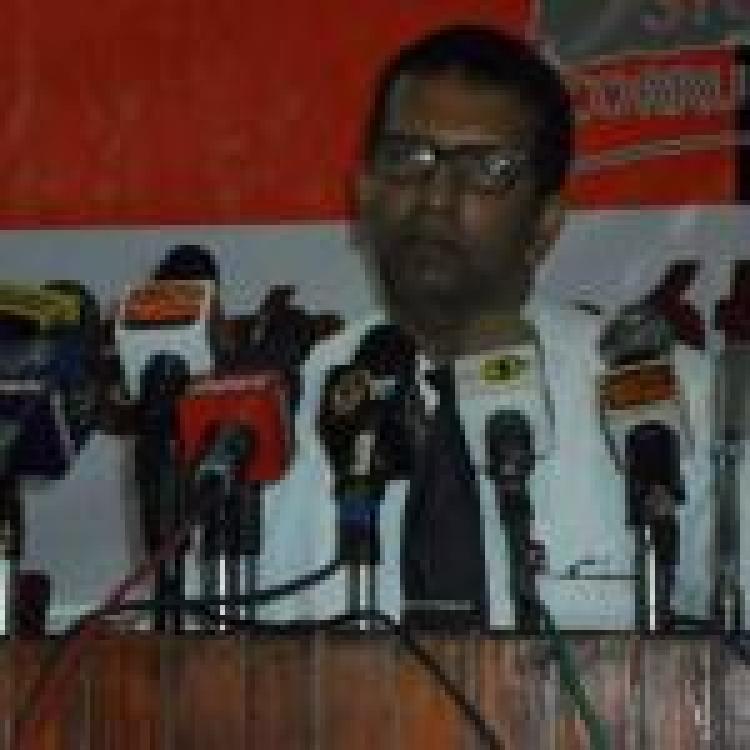The European Union’s Election Commission has decided against deploying a fully-fledged observer mission for Sri Lanka’s upcoming parliamentary elections, which is et to take place on August 5 despite logistical and health concerns relating to COVID-19.
The EU has instead proposed to send an Election Expert Mission, which will not have public visibility and will not qualify as electoral observers, due to coronavirus concerns.
Elections were initially scheduled to be held on April 25, but were postponed to June 20 and subsequently, to August due to COVID-19 concerns. Sri Lanka has reported 1,951 cases to date, and 11 deaths.
Since the announcement the National Elections Commission (NEC) has carried out two mock polls to test the new voting system and analyse if extra voting time was necessary.
The Commonwealth has not confirmed on the deployment of observers for the elections. but the Norwegian Embassy in Colombo has agreed to support PAFFREL (People’s Action for Free and Fair Elections) by funding local observers for the election. PAFFREL has supported the view that South Korea’s example in conducting parliamentary elections during the Covid-19 pandemic is an example to follow.
With the parliament effectively dissolved since 2 March, international observers including a UK Minister have registered concerns regarding the government’s announcement of its intention to rule without parliamentary oversight.
Sri Lankan president Gotabaya Rajapaksa had dissolved parliament, with hopes of holding a general election following his triumph in presidential elections last year, with his SLPP party looking to capitalise on gains made amongst its Sinhala nationalist vote base.
Opposition parties had filed eight Fundamental Rights petitions challenging Rajapaksa’s move and calling for parliament to be reconvened during the pandemic. Sri Lanka’s Supreme Court dismissed them all.


